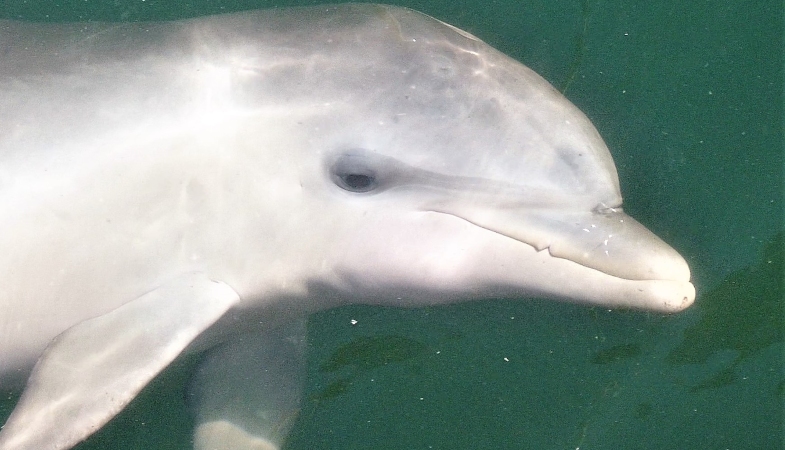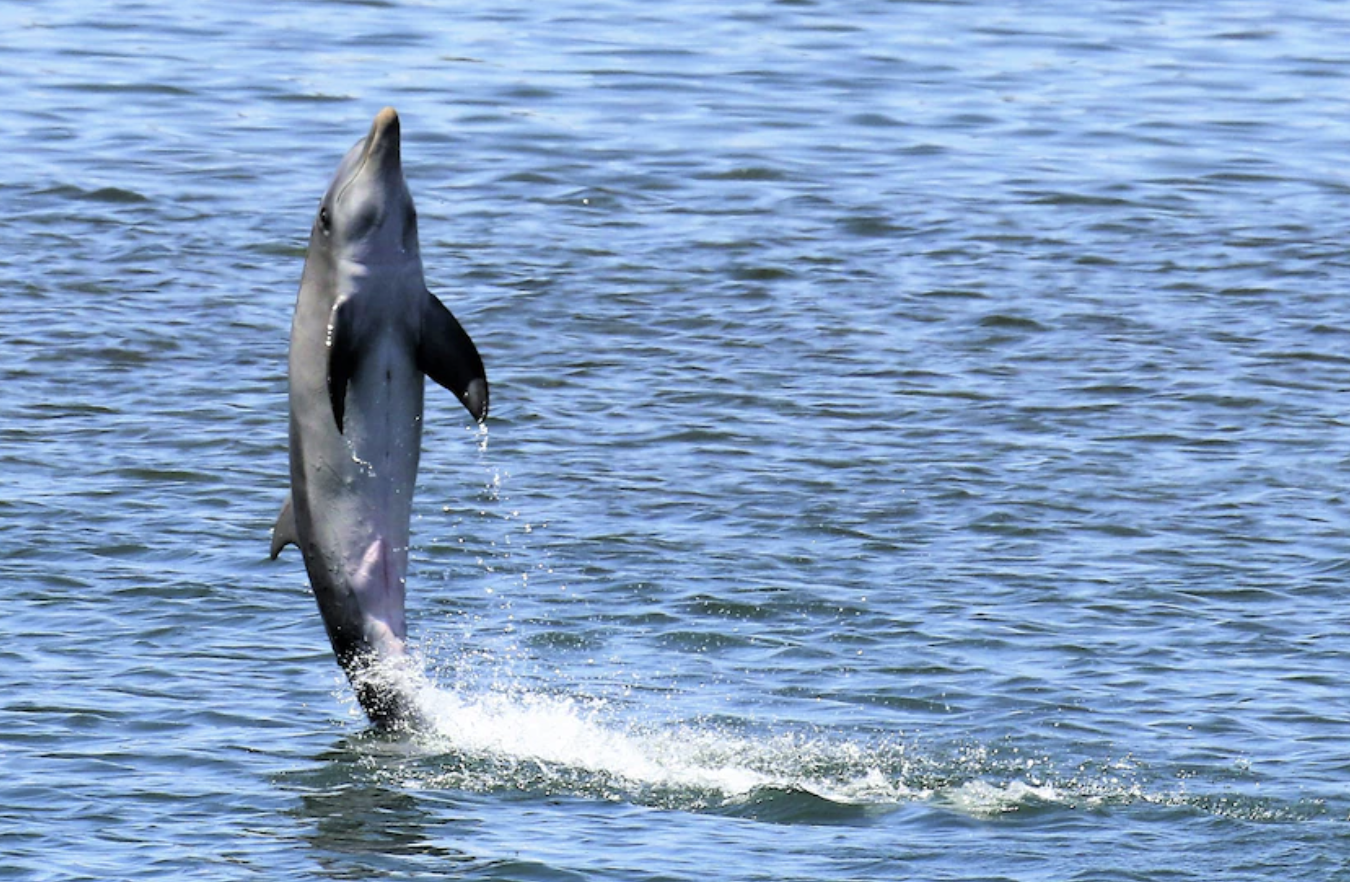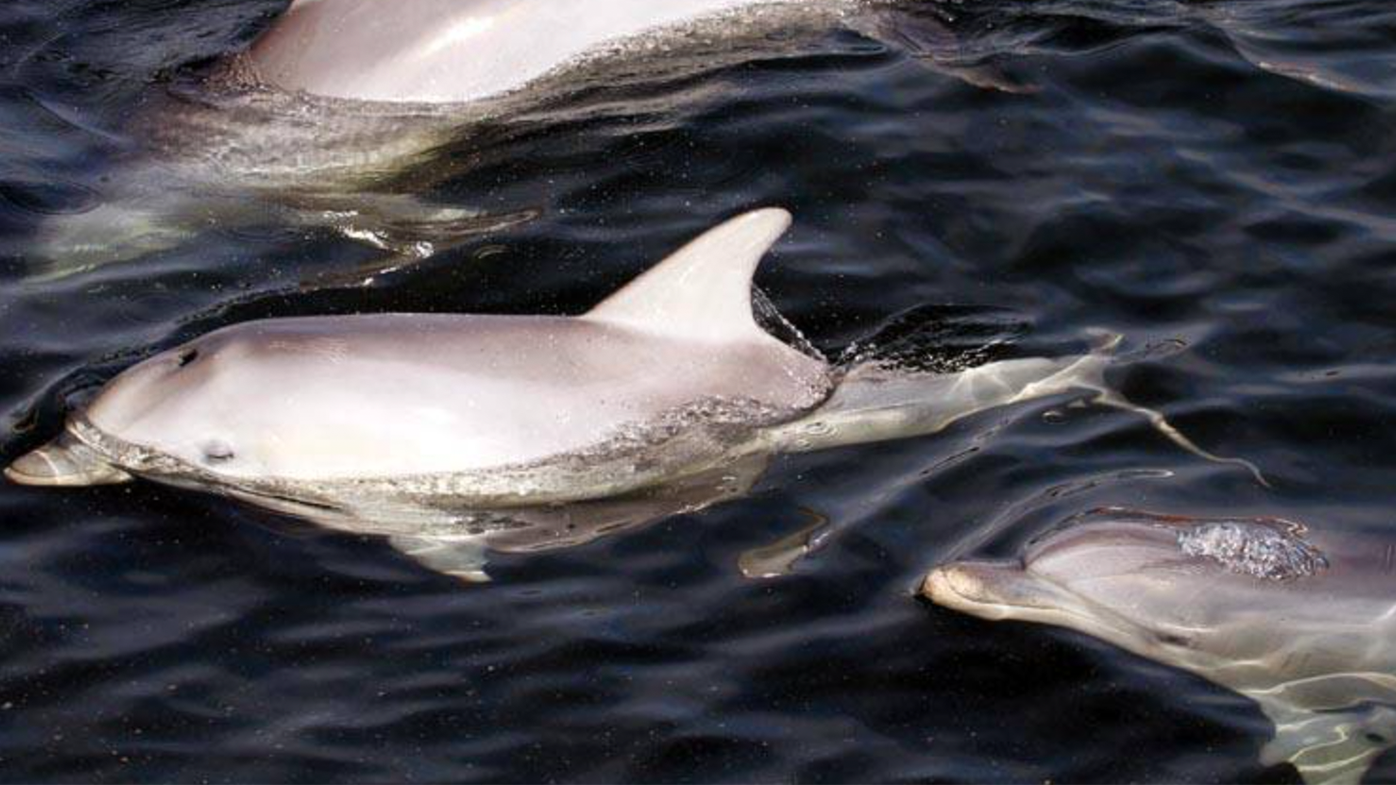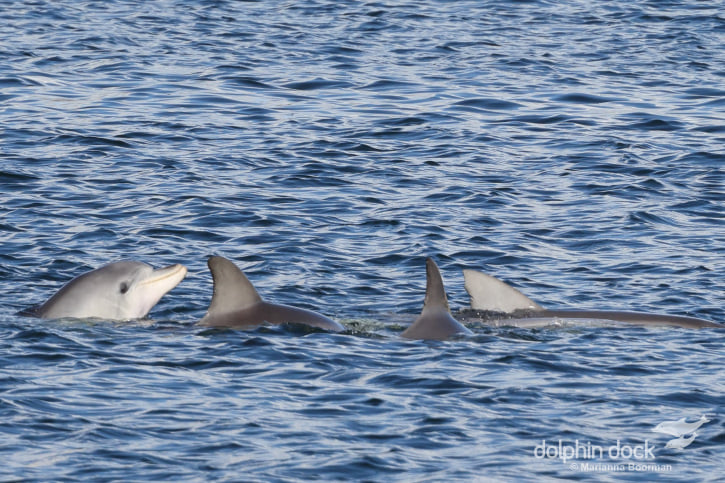An investigation has been launched after a third bottlenose dolphin was found dead in Adelaide's Port River on Sunday.
A member of the public found the lifeless body of four-year-old dolphin Squeak in the Adelaide Dolphin Sanctuary around the Fletcher's Slip area.
Squeak showed signs of "illness" for a few weeks before his death, according to the Department for Environment and Water (DEW)
LIVE COVERAGE: COVID-19 cases climb in Victoria and NSW

DEW Director for Conservation and Wildlife, Lisien Loan, said park officials and Adelaide Dolphin Sanctuary volunteers are "deeply saddened" by Squeak's death.
"A post mortem will now be carried out by experts at the University of Adelaide, Flinders University and the South Australian Museum," she said.
"The findings will contribute towards the ongoing investigation into what might be impacting the health of dolphins in the sanctuary."

It comes a month after Squeak's brother Hunter was euthanised, after his heath deteriorated.
The six-year-old animal had appeared "lethargic and emaciated" and was spending more time than usual on the surface, in the weeks before he deteriorated.

Tallula — a 12-year-old dolphin known for tail walking across the water's surface — was found dead in August.
Interim report struggles to find cause
DEW has released its interim report into what could be behind the animals' deaths.
The sanctuary, 14 kilometres north of Adelaide, is home is to approximately 30 - 40 wild bottlenose dolphins.

The report found Hunter and Tallula were suffering from a variety of infections and diseases, but struggled to find a definitive cause of death.
"The reports don't show a definitive cause or common links between the dolphin deaths beyond possible suppression of their immune systems," Ms Loan said.
"The reasons for this are unclear at this time.
"However testing for environmental toxicants (including biotoxins) and factors that may contribute to immunosuppression is underway, involving experts in water quality, toxicology, pathology and marine ecosystems."
Blood and tissue testing from another dolphin called Doc showed he had been exposed to Brucella — a potentially deadly bacteria.
"(This) zoonotic bacterium can result in dolphin abortions, male infertility, neurobrucellosis, cardiopathioes, bone and skin lesions, and death," Ms Loan said.
"While known to occur in marine mammals, this is the first time Brucella has been detected in a South Australian dolphin."
Doc is presumed dead as is another dolphin Twinkle. They disappeared after presenting with similar symptoms earlier this year.
The investigation is expected to take several months to complete.
